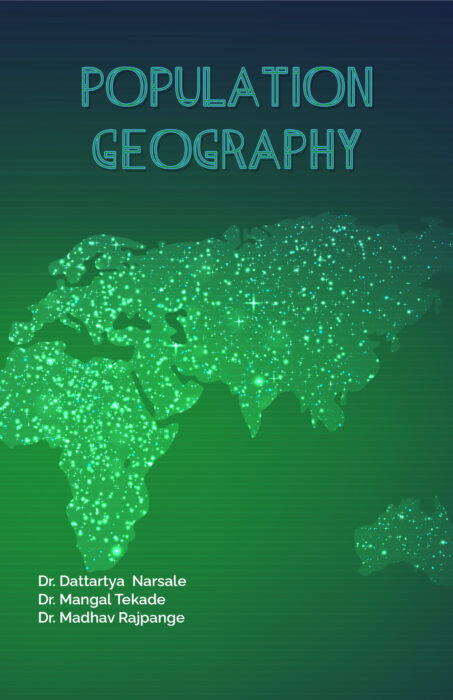Description
It is necessary to give careful consideration to the ethics of machine learning and data analytics, which is a highly significant and rapidly emerging field. The creation, implementation, and utilization of more complex technologies give rise to significant ethical dilemmas as we continue to incorporate these technologies into an increasing number of aspects of our everyday lives. An illustration of this would be the possibility that machine learning algorithms may unwittingly provide biased outcomes by reinforcing biases that are present in the trained data. The massive collection and utilization of individual data raises a number of additional concerns, including those pertaining to privacy and consent. Considering the current state of affairs, it is of the utmost importance to guarantee that the processes of data analytics and machine learning are transparent and accountable. It is necessary for stakeholders to address a variety of concerns, including those pertaining to algorithmic fairness, ethical decision-making in artificial intelligence, and cultural norms and values. Standards and frameworks for ethical conduct are now being developed with the intention of assisting practitioners and organizations in addressing these complex issues. These frameworks and standards place an emphasis on accountability, openness, fairness, and interpretability. To consider from an ethical point of view, there are greater societal ramifications to take into consideration, in addition to the specific technology ones. A number of issues are included in these concerns, including the requirement for varied and inclusive representation in the development of artificial intelligence, the ownership of data, authorization, and the potential of technology being exploited. One of the most important things to do in order to make the most of machine learning and data analytics while reducing risks is to maintain open and constant communication, collaborate with people from different fields, and be cognizant of ethical considerations. Especially considering the fact that the region is always evolving, this is the case. For the purpose of preventing prejudice and encouraging equal outcomes, it is necessary to make certain that these algorithms are transparent, impartial, and accountable. To find solutions to these ethical issues, it will be necessary for professionals in the domains of computing, ethics, law, sociology, and policymaking to collaborate. What it implies is the incorporation of ethical concerns into the design and development of data analytics systems and machine learning models. It is necessary for decision-makers, engineers, and data scientists to build a culture of ethical xviii | P a g e responsibility in order to promote ethical behaviors and mitigate unanticipated effects through the implementation of these practices













Reviews
There are no reviews yet.